In order to contribute to reducing plastic waste in the ocean, especially waste generated from fishing, recently, many activities to collect waste at sea have been effectively implemented in many localities across the country.
According to the National Marine and Island Environment Status Report for the 2016-2020 period published by the Ministry of Natural Resources and Environment in early August 2021, plastic waste, including marine plastic waste, is a prominent issue globally. It is estimated that more than 70-80% of marine plastic waste originates from land.
The rest is plastic waste directly discharged into the sea, mainly from fishing activities such as fishing gear left at sea, which is especially dangerous to marine life and is the main source of plastic pollution in the ocean. At Quy Nhon fishing port in Binh Dinh province alone, 100% of fishing boats do not have waste collection equipment and 100% of fishing boats do not bring waste to shore.
Mr. Phan Thanh Long (in KV1, Tran Phu Ward, Quy Nhon City, Binh Dinh), owner of fishing boat number BD-91333 TS, said: previously, all household waste and personal hygiene waste of crew members on offshore fishing boats were discharged directly into the sea. Besides, each fishing trip lasted about 20 days, an average fishing boat with 12 crew members used about 200 bottles of water (1.5 liter type), these plastic bottles were thrown directly into the sea by fishermen after use.
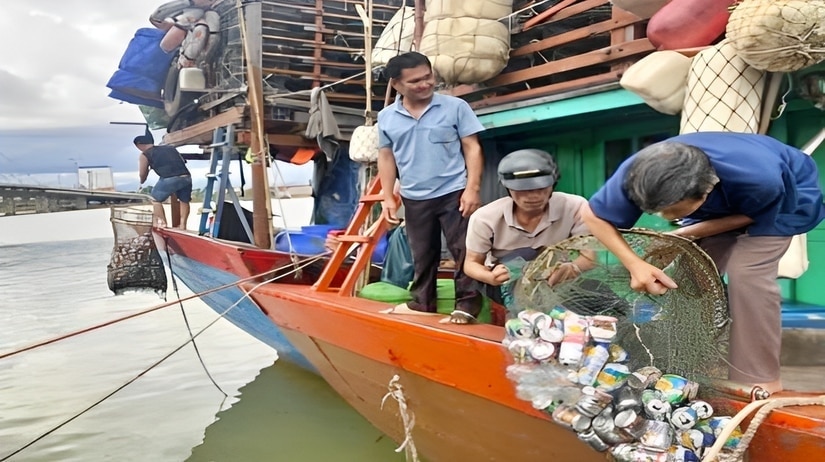
According to statistics from the Department of Fisheries of Binh Dinh province, on average, 300 fishing boats dock at Quy Nhon Fishing Port every month. These boats have discharged more than 4 tons of plastic waste, nearly 1 ton of aluminum cans and 1.75 tons of plastic packaging containing and preserving seafood products into the ocean.
This reality shows that, to protect the marine environment, we must not only prevent plastic waste from escaping from land into the ocean, but also prevent plastic waste from being transported by fishing boats.
To systematically reduce plastic waste, towards a circular, environmentally friendly and climate-resilient agricultural economy , in 2020, the United Nations Development Program (UNDP) coordinated with the People's Committee of Binh Dinh province to deploy a model of collecting plastic waste on fishing boats, connecting with a material recovery facility in Quy Nhon.
The model of collecting plastic waste on fishing boats, connecting with the material recovery facility in Quy Nhon, has been piloted on about 100 fishing boats regularly entering and leaving Quy Nhon fishing port and expanded to about 100 fishing boats at De Gi fishing port and Tam Quan fishing port from February 2023. The crew members pledge not to litter the sea but collect and put trash in garbage bags on fishing boats.
When the ship is about to leave port, the captain must fill in the declaration form with the types of drinking water, daily food and packaging used on the fishing vessel. Each fishing vessel is equipped with garbage bags for the crew to dispose of garbage. When the ship arrives at port after a voyage, the captain is responsible for handing over the ship's domestic waste to the waste collection team at the fishing port and signing to confirm the amount of waste handed over.
The model has helped reduce about 60 tons of plastic waste from daily life and production on fishing boats into the ocean. At the same time, it has increased income and created jobs for communities involved in the field of scrap collection and recycling. The Binh Dinh Province Department of Fisheries said that the model will be maintained in sustainability and continue to be deployed and expanded in the province for about 3,000 offshore fishing boats.
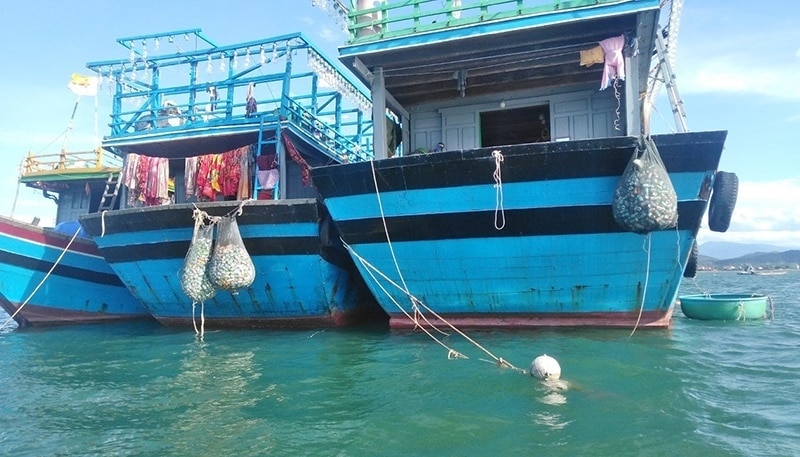
Aiming to keep the marine environment clean, Quang Binh province has implemented a model to collect plastic waste from fishing boats. Ms. Le Ngoc Linh, Head of the Department of Fisheries of Quang Binh province, said that each year, the average amount of waste on boats is about 70 - 80 kg/boat. The estimated amount of waste from fishing boats operating offshore in Quang Binh is about 80 - 100 tons/year.
Plastic waste generated in seafood production activities in Quang Binh province mainly comes from fishing activities, damaged fishing gear, loss, floating at sea, and coastal aquaculture production.
To overcome this situation, the Quang Binh Fisheries Department has encouraged fishermen to sign a commitment to collect garbage from the sea to shore during each trip. Each boat will be provided with 2 mesh bags for garbage so that fishermen can collect garbage on the boat and then bring it back to shore.
Quang Binh Fisheries Department also organized training on net bag weaving techniques for fishermen and women to use for shopping instead of plastic bags.
According to the National Action Plan on Marine Plastic Waste Management, by 2030, Vietnam will reduce 75% of marine plastic waste and 100% of lost or abandoned fishing gear. To achieve the above goals, practical and effective solutions such as the model of fishing vessels collecting plastic waste need to be further disseminated and replicated. In addition, it is necessary to synchronously implement solutions from raising awareness to perfecting institutions, strengthening and transferring technology, and mobilizing domestic and international resources.
Ngoc Chau



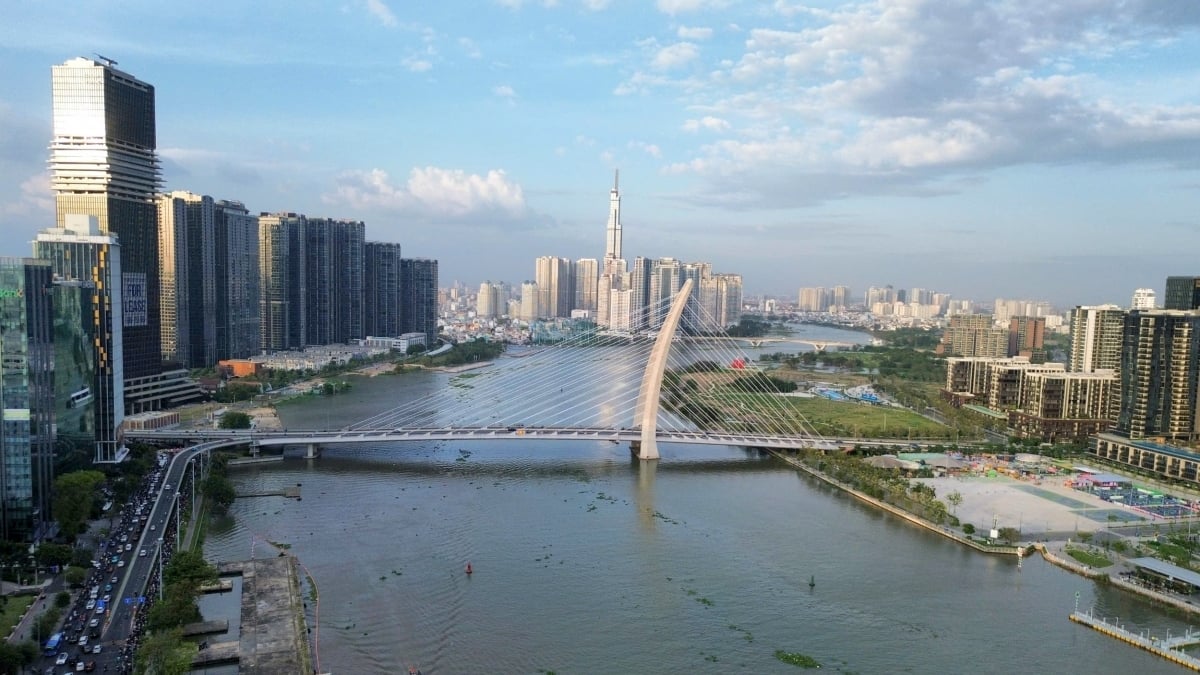
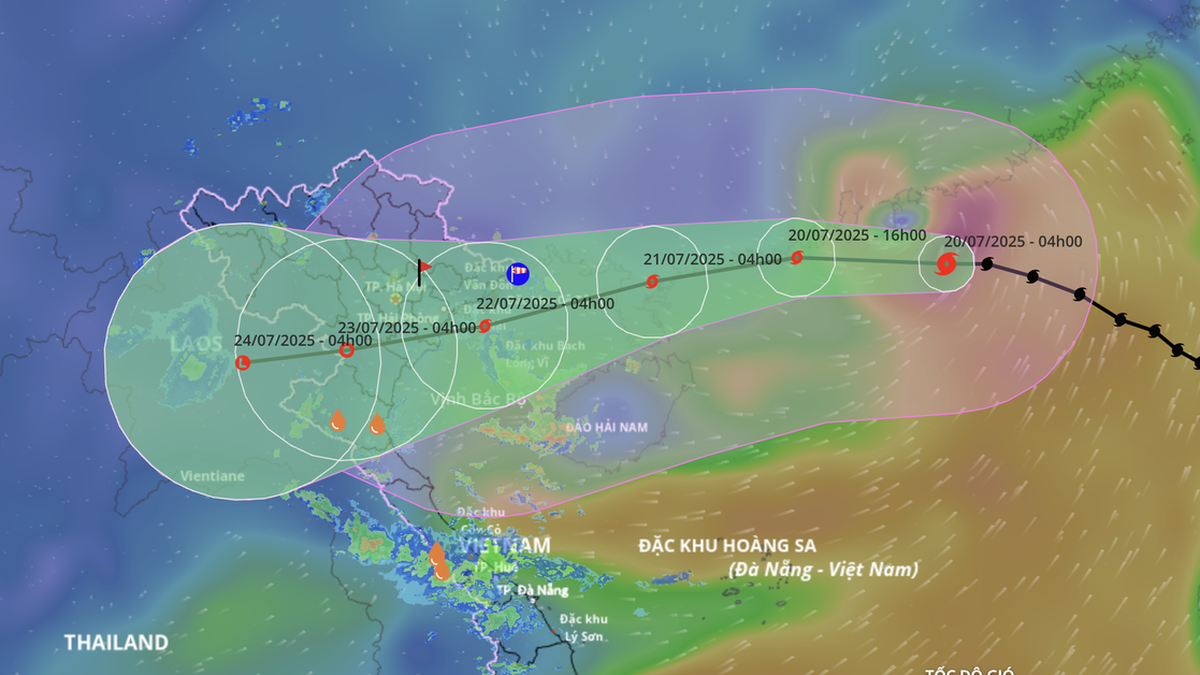

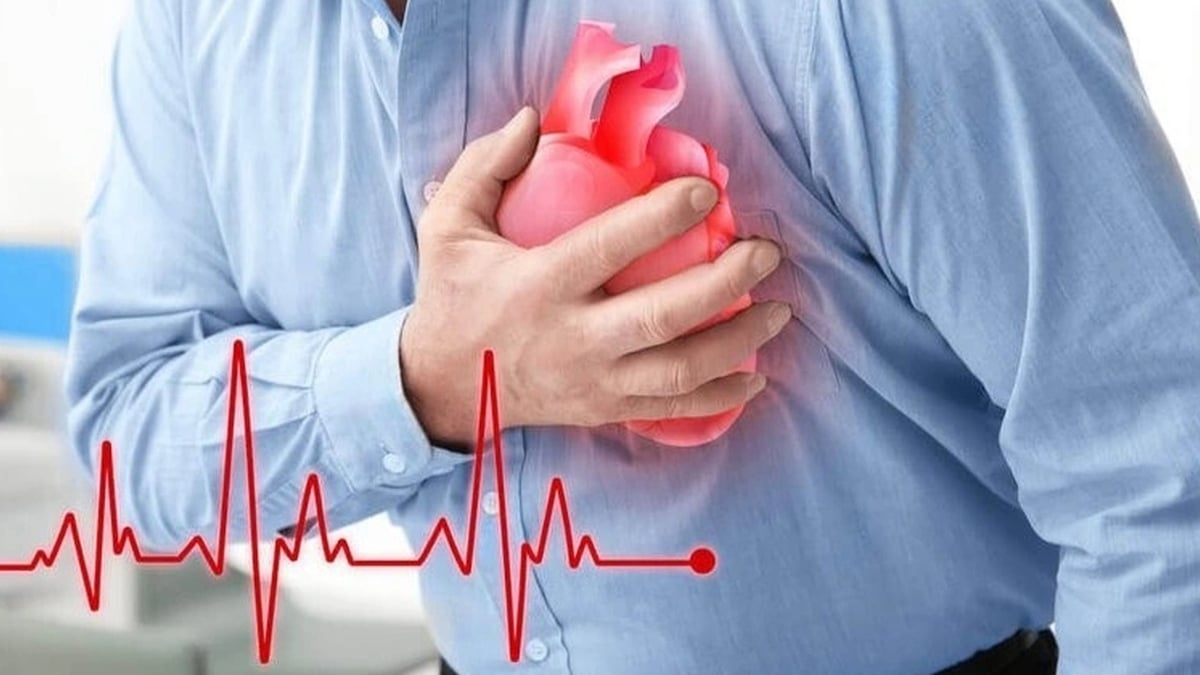


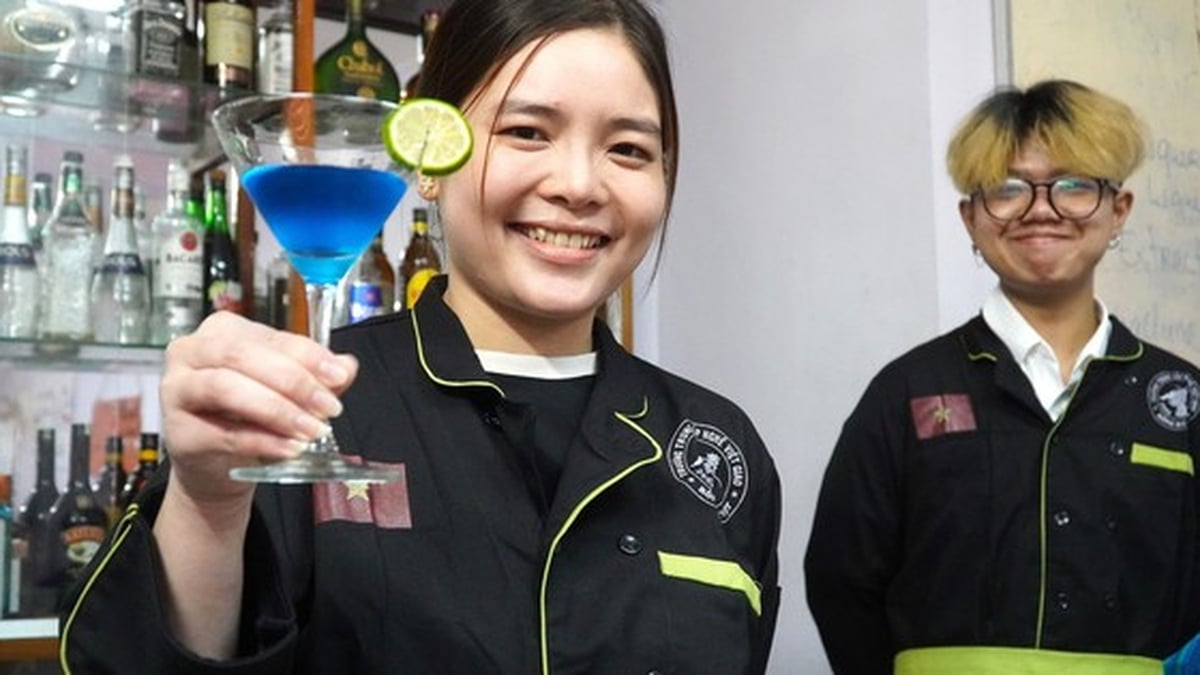

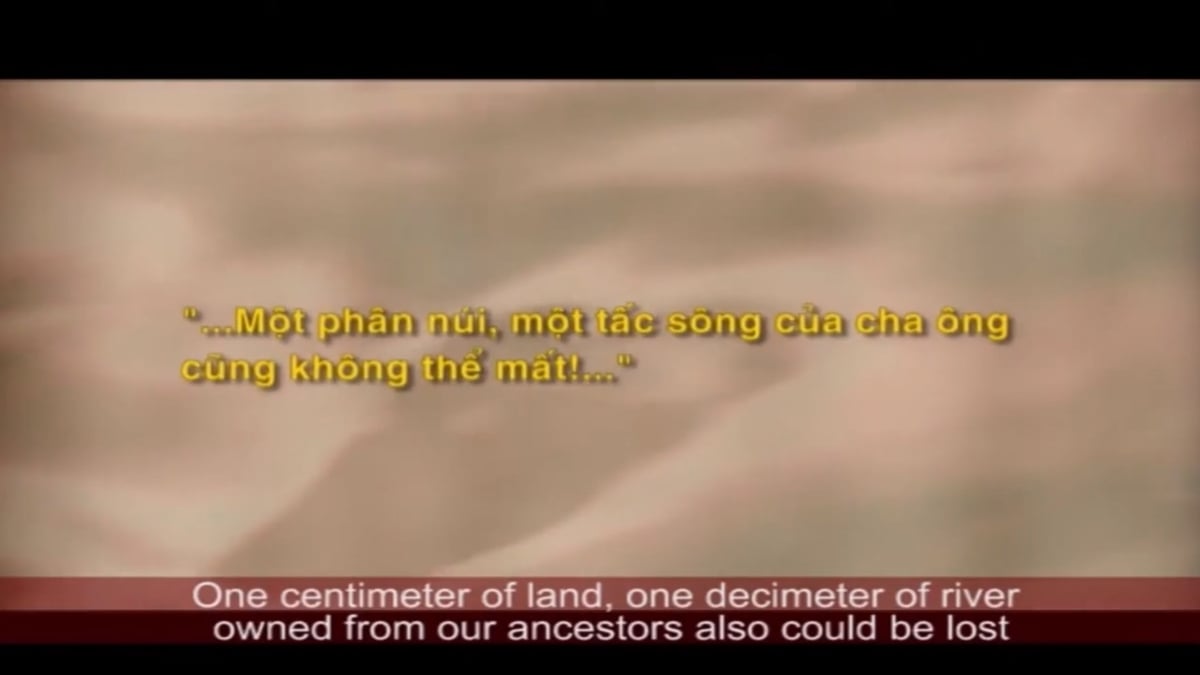
















































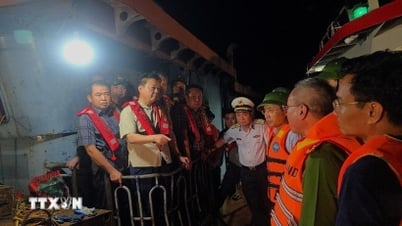






































Comment (0)